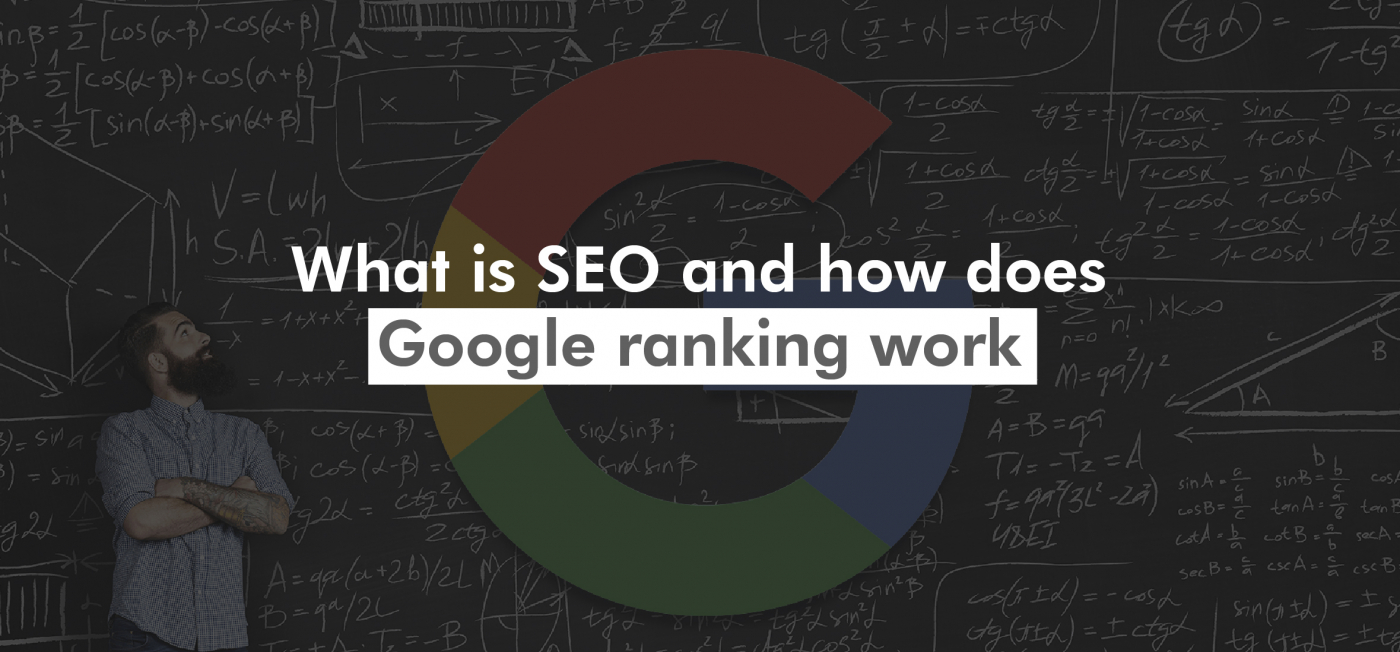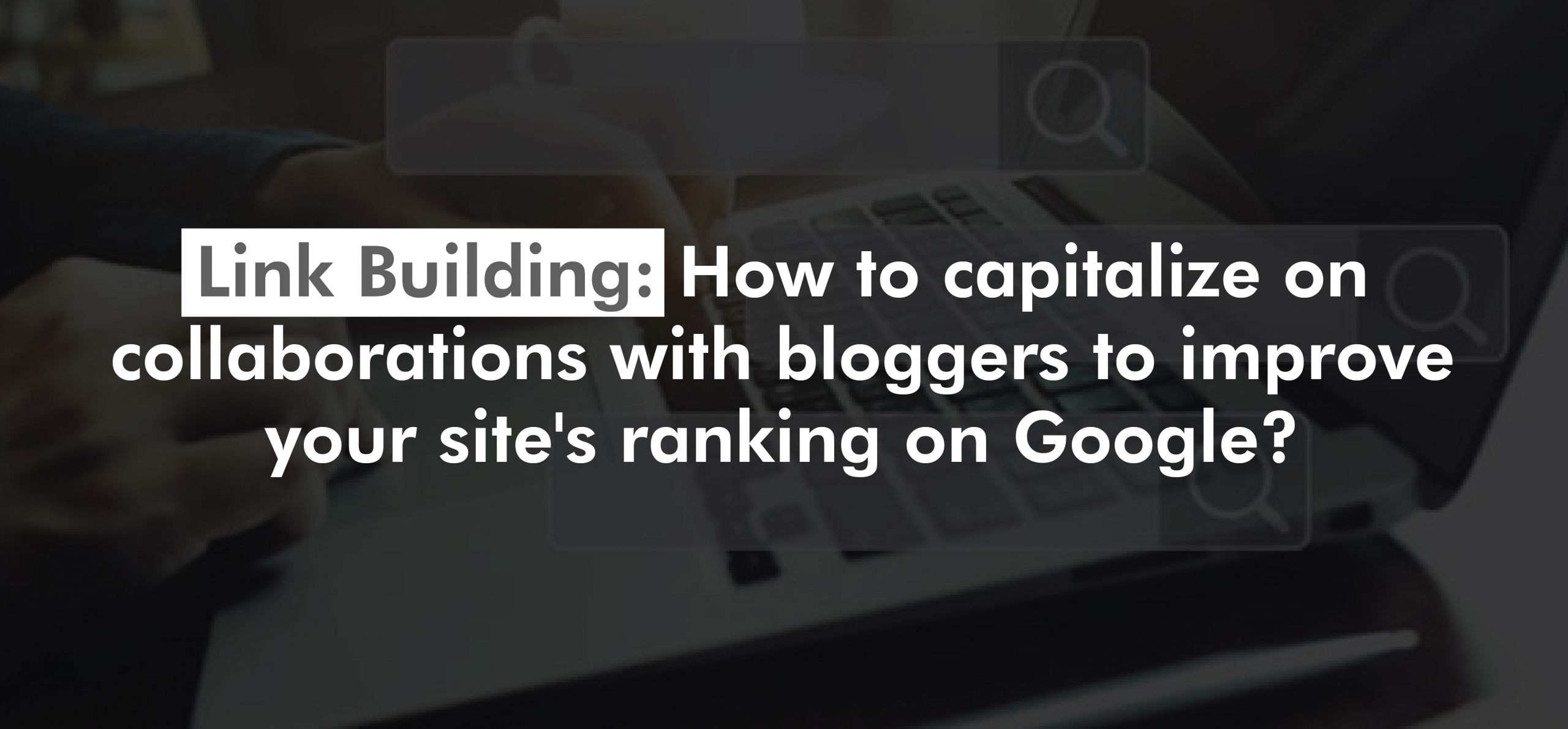If we talk about SEO, we refer to an abbreviation that stands for “Search Engine Optimization”, but specifically…what is SEO?

Probably when we think of the term search engine, the name Google comes to mind, which is precisely a search engine. In this sense, we can define SEO as the discipline that is in charge of improving the organic positioning of a site in the different web search engines.
Now, what is organic positioning? Specifically, it is the position that the pages of our site occupy in the results of a web search engine for certain queries made by users, without using advertising systems.
An example of advertising systems is the well-known ads that usually appear when we make a query in a search engine, which are originated by pay-per-click tools, such as Google AdWords.
This means that the advertiser must pay Google a certain amount of money for each click that a user makes when entering its site, using a keyword.
What is Google?
If we want Google to position us as high as possible, we must understand what criteria it uses to position a site. But first, we must think… what is Google?
It is a company that specializes in computer-related services and has a global reach. Although this company develops all kinds of technologies, its most important product is the search engine.
The web search engine must analyze all the content that is indexed and return the best possible result. If it fulfills this objective, it will leave us satisfied as users and will make us choose it again as a search engine.
To get the right search results, Google organizes its indexed pages using an algorithm. This algorithm is always in the process of being updated, to give us more and more accurate results.
Google algorithm: a key element in SEO Positioning
Google’s algorithm is a mathematical formula that is in charge of positioning the pages it has indexed. In other words, for a given search, it will decide which results will have better placement on the results page.
As we mentioned, when performing a search, ads will likely appear above the organic results. It usually happens when we make transactional queries, where we mention keywords such as “price”, “buy”, and “offers”, among others.
These ads provide Google with revenue, which depends on the search engine being good enough for people to rely on it constantly.
Let’s suppose that when we make a query on Google we don’t find the result we were expecting, what would we do in that case? We would probably turn to another search engine, such as Bing or Yahoo, and if we found the expected results there, we would not use Google.
So, to improve the experience, Google is constantly dedicating resources to improving its algorithm, and, in this way, to be able to respond to the user’s doubts and needs.

What should a good Web Search Engine have?
To avoid losing users, a web search engine must have two essential functionalities:
- To have the largest amount of content.
- To have an algorithm that organizes all indexed pages.
If a web search engine has more indexed content than other search engines, it is likely to return better results. This is because it will have at its disposal results that other search engines cannot offer.
On the other hand, in addition to having many pages indexed, the search engine must have an algorithm to analyze them. Then, it must determine on which page we will find the best result for the query previously made.
For this reason, what a search engine must consider optimizing our experience will be associated with improvements in its algorithm. This is because the success of the search engine will depend on being able to process all the available content.
As we mentioned earlier, Google has a large number of indexed sites. So, when we make a specific search, the web search engine must know which of all the pages it has in its records is the right one to show us in the first instance
How does Google Search Engine Optimization work?
The content of the pages indexed in Google is one of the main elements for positioning a site.

For a site to be relevant to Google, it must have content on a specific topic. In addition, the information we include must be sufficiently optimized to be considered more trustworthy.
For Google to consider our content more important than that of another site, we must include relevant keywords. In addition, our content should be as broad as possible, to be able to cover different queries that we can make in the search engine.
For example, let’s suppose we search in Google for “the best destinations to go on vacation”. The first thing Google must know is, of all the pages it has indexed, which ones are related to our search, that is, it must separate the results that can provide us with an adequate answer from those that are not relevant to what we are looking for.
The difficulty lies when the search engine finds many pages with relevant content, which it must sort. In other words, Google must know in which of all the pages it has indexed, we will find what we are looking for.
This last step is the one that Google considers the most important since when making a query, the vast majority of users only click on the first results.
On-site SEO and Link Building: Influencing Factors in Web Positioning
On-site SEO is about those aspects that we can modify as we wish within a site. For example, the inclusion of relevant keywords within the main HTML tags, such as:
- <title>
- Meta description
- <h1>
- <h2>
- Attributes within images (<img> tags)
In addition to the HTML tags, the URL we use, the web structure, the content, and the use of internal links within the site also have an influence. On the other hand, we must also make sure that all our URLs are indexed in Google, otherwise, they will not appear in the search results.
Link Building, unlike On-site SEO, has to do with increasing the authority of a site through external factors. The method to achieve this is by obtaining links pointing to our site.
The major search engines rely on these backlinks to determine if a website is relevant. These links work as a recommendation, and the more sites that “recommend” us, the better our chances of ranking in Google. However, the quality of the links we receive also has an influence, that is to say if they come from reliable sites.
To get organic links, it is essential to have quality content on our site.

Digital Marketing focused on SEO Strategies
Based on everything we have detailed in this article, if we have a venture based on digital marketing, we must have a website.
For our project to be successful, web positioning is essential, since it will determine to a great extent the reach that our product or service will have to the public we are addressing.
For this reason, it is of utmost importance that we are aware of how Google works and how it organizes the pages it has indexed.
As we mentioned at the beginning, SEO is in charge of improving the organic positioning of a site in the different search engines, but this discipline is constantly changing because it is a field that is being updated and specialized.
However, some factors are in force at all times: there is always a lot of extra information, which is sorted by an algorithm.
Beyond the fact that we must make sure that the technical aspects of our site are properly optimized, if we have relevant, comprehensive, unique, and original content, we will have a great point in our favor to achieve a good SEO positioning.



